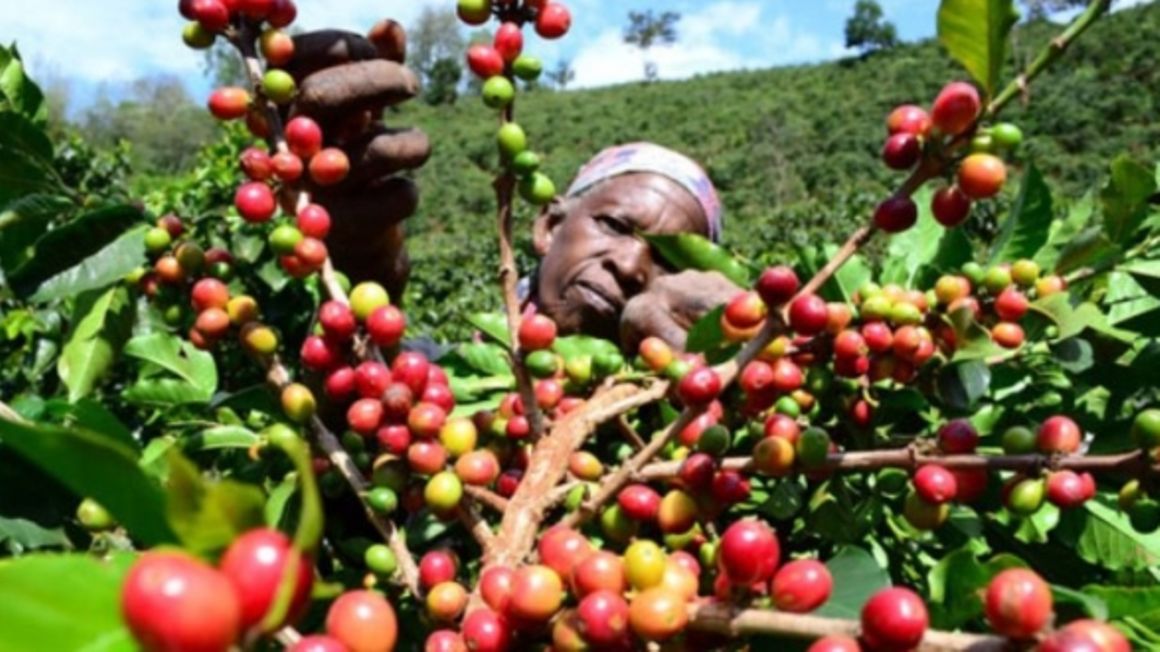
Moshi. An investment dispute - pitting investors from the United Kingdom, Germany, Israel and Tanzania - is simmering here, threatening coffee output at two large scale farms of Kibo and Kikafu.
Due to the dispute, which has existed since 2018, one of the investors in a company that is known as Tudeley Estates Ltd is now asking the government to work with embassies for the United Kingdom, Germany and Israel to bring the investors to a negotiation table.
Information, obtained by The Citizen shows that Tudeley Estates Ltd holds a 35-year tenancy for the estates. The tenancy expires in a period of 12 years from now.
During the past 23 years, the company – through its parent firm which is the UK-based Tudeley Holdings, has invested $3.5 million (about Sh8 billion on the prevailing exchange rate).
Actually, the contract is between Tanzania’s Tudeley Estates Ltd and four farmers’ cooperative societies of Masama Saawe, Masama Roo, Mudio and Sonu Ngira which are all found in Hai District, Kilimanjaro.
But information shows that in 2017, the UK-based Tudeley Holdings signed a deal with a British national, Robert Clowes that would see the latter planting avocados in the two farms.
The deal was signed without the involvement of the four farmers’ cooperative societies in Tanzania.
According to the available information, Robert Clowes did not directly invest in the farms as per the agreement but instead, he entered into yet a new deal with a German, Marcus Sch’reiber who agreed to buy shares in the planned avocado production venture.
In the process, a dispute ensued in 2018, pitting Tudeley Holdings, Robert Clowes and Marcus Sch’reiber, resulting into a serious drop in production at the farms.
While the dispute remains unresolved, an Israeli firm, Balton, has come out and is claiming to be the one that installed irrigation facilities at the two farms, costing a total of $1 million (about Sh2.3 billion).
At the same time, the four farmers’ cooperative societies – which have a total of 3,000 members - now want Tudeley Estates Ltd to pay $100,000 (about Sh230 million) in unpaid rental charges.
As a result of the dispute, coffee production at the two farms has gone down from 300 tonnes to only 50 tonnes, resulting in a drop in number of casual labourers from 600 to only 60.
Speaking to journalists here yesterday, a director of Tudeley Estates Ltd, Jensen Natai, asked for government’s intervention in bringing the investors to a negotiation table.
“The agreements that were reached by the investors in the United Kingdom have had a negative effect on how the farms operate. The government must come in to help by working with relevant embassies and bring the relevant investors to a discussion table,” he said.
He said there was every indication that the investors have not met each other for three years now.
“The problem is that people who are not part of the agreements are the ones who are feeling the pinch as evidenced by a drop in the number of casual labourers from 600 who took part in coffee harvesting during most of the past times but currently, we have only about 60,” he said.
He said after a drop in production from 300 tonnes to only 50 tonnes, they can only brace for even tougher times ahead.
“If you bring in the aspect of Israelis, who built the irrigation system at a cost of $1 million, you will realise that there are about four investors who have injected their money in the farms.
Secretary of the union for the four farmers’ cooperatives, Mr Jubilate Ndosi said they now want to break ties with Tudeley Estates Ltd, saying the company has shown to be a partner that’s not to be trusted.
He said the farmers’ cooperative unions were more than willing to engage into discussions with them directly and strike a contract that would benefit both parties.
Agriculture minister Adolf Mkenda said his Deputy, Mr Hussein Bashe, will soon be deployed to the area to enable the government to get full information on what was going on. He said he first got the information from the Hai Member of Parliament Saashisha Mafuwe.
“I told him that the issue would be dealt with and that Deputy Minister, Mr Bashe would visit the area soon. Mr Bashe will go there in an attempt to find out challenges beclouding farms that are owned by farmers’ cooperative in Hai,” he said.
Coffee, along with tobacco, cashew nuts, tea, cotton, sisal and cloves are Tanzania’s traditional export crops which, together, bring into the country up to $1 billion of foreign exchange earnings. With the Covid-19 pandemic, earnings from traditional exports dropped to $577 million during the year ending May 2021 from $1 billion during the preceding year.





No comments :
Post a Comment